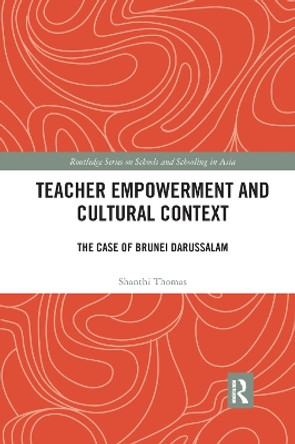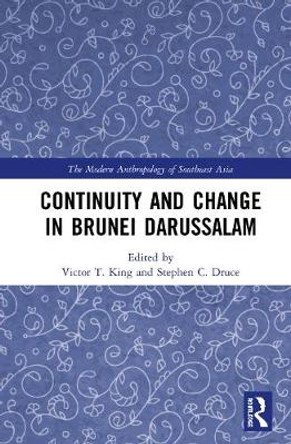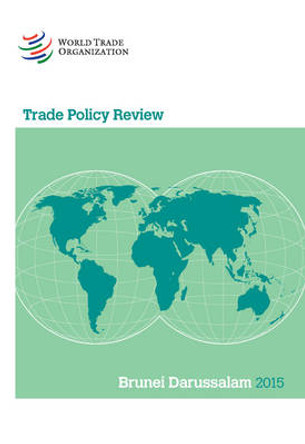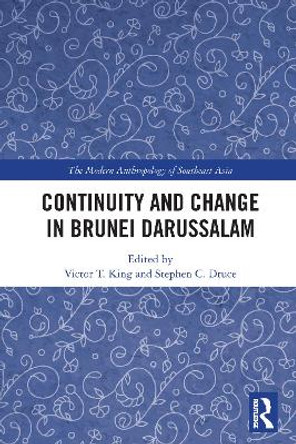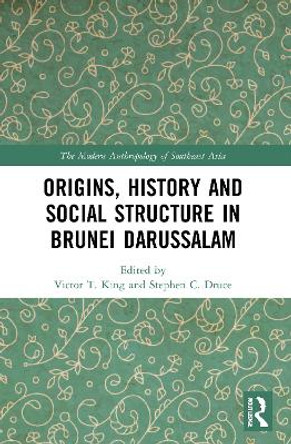Description
The first part of the book traces key moments in madrasah history and their formation; diversity of Islamic institutions, and the notion of the scholastic community. It identifies the rise of the Islamic education institutions and the diversity within their formation. Despite the partial disappearance of the spiritual in many Islamic education institutions, the authors argue that the spiritual construct is still deeply implicated in the reification of Islamic pedagogy and in the process of embodiment. The second part of the book draws on unravelling knowledge and the sacred that considers the philosophy of Islam and knowledge, spiritual understanding of Islamic education, and knowledge and the sacred as an educational compass. Finally, the book explores the implications of Islamic pedagogy and embodied learning, the universal nature of Islamic pedagogy, and reflections for the future.
By bringing to bear a variety of Islamic and educational studies research, relative to Islamic pedagogy, this book opens up new avenues for research into Islamic education. The book will be of particular interest to scholars investigating Islamic education, Islamic pedagogy, and embodied learning.
About the Author
Professor Glenn Hardaker is Director of Centre for Lifelong Learning and Professor of Education at Sultan Hassanal Bolkiah Institute of Education, Universiti of Brunei, Brunei. He is also a National Teaching Fellow for the Higher Education Academy (UK) and Editor of two international publications: Journal for Multicultural Education (JME) and International Journal Information & Learning Technology (IJILT). Dr Aishah Ahmad Sabki is an independent researcher, focused on community education for social inclusion, based in the UK. Her experience includes jointly setting up and managing a British higher education madrasah. She has developed policy and operational documentation for successfully achieving early years education OFSTED approval in the UK and has specialist knowledge and expertise in madrasahs, Islamic pedagogy, and technology management.
Reviews
The authors examine Islamic pedagogy from a spiritual perspective, using the concepts of sensory orders, identity, embodiment, and spirituality and proposing that the Islamic approach to the sensoria is different and privileges orality, kinesthesia, and embodiment. They reveal the relationship between Islamic pedagogy and embodied learning and associated features seen in madrasahs (Islam's institution of higher learning focused on the religious sciences and their ancillary subjects) and related educational institutions. They outline the impact of this approach on the use of language, moral values embedded in teaching and learning, a madrasah model of embodiment, and ideas about knowledge and the sacred. They explore key moments in madrasah history and their formation, the diversity of Islamic institutions, and the idea of the scholastic community, to show the rise of Islamic education institutions and the diversity within their formation; the philosophy of Islam and knowledge, spiritual understanding of Islamic education and knowledge, and the sacred as an educational compass; and the implications of Islamic pedagogy and embodied learning, the universal nature of Islamic pedagogy, and reflections for the future. -- Annotation (c)2018 * (protoview.com) *
Book Information
ISBN 9781787545328
Author Glenn Hardaker
Format Hardback
Page Count 160
Imprint Emerald Publishing Limited
Publisher Emerald Publishing Limited
Weight(grams) 357g


